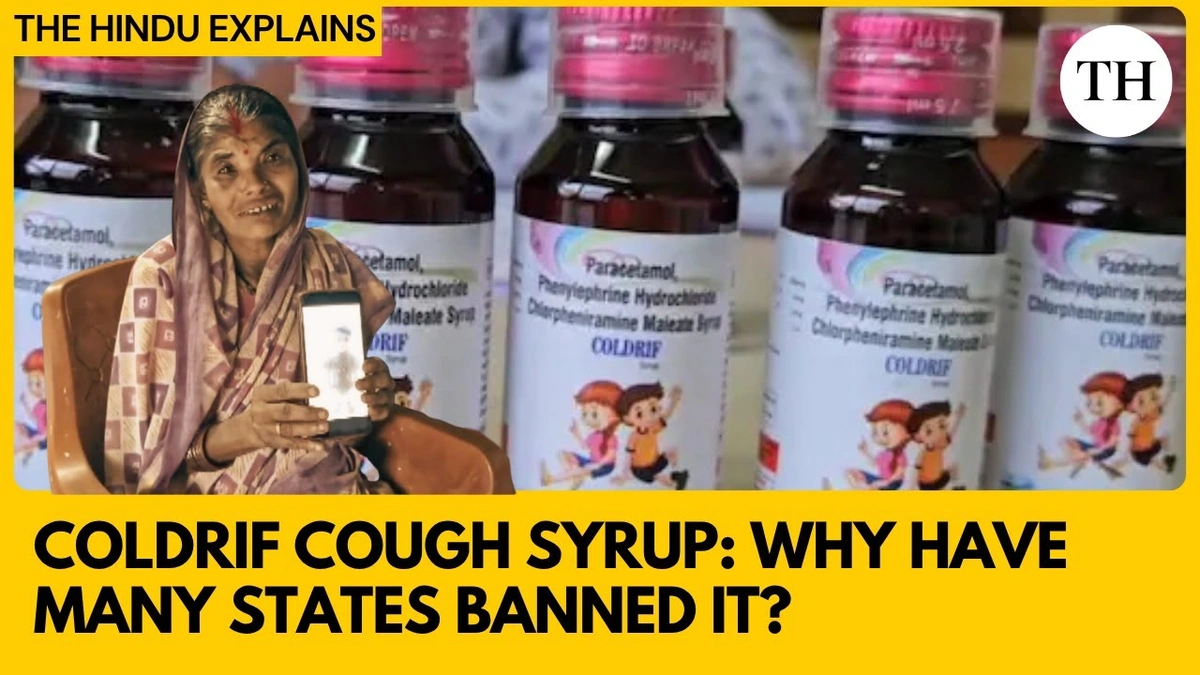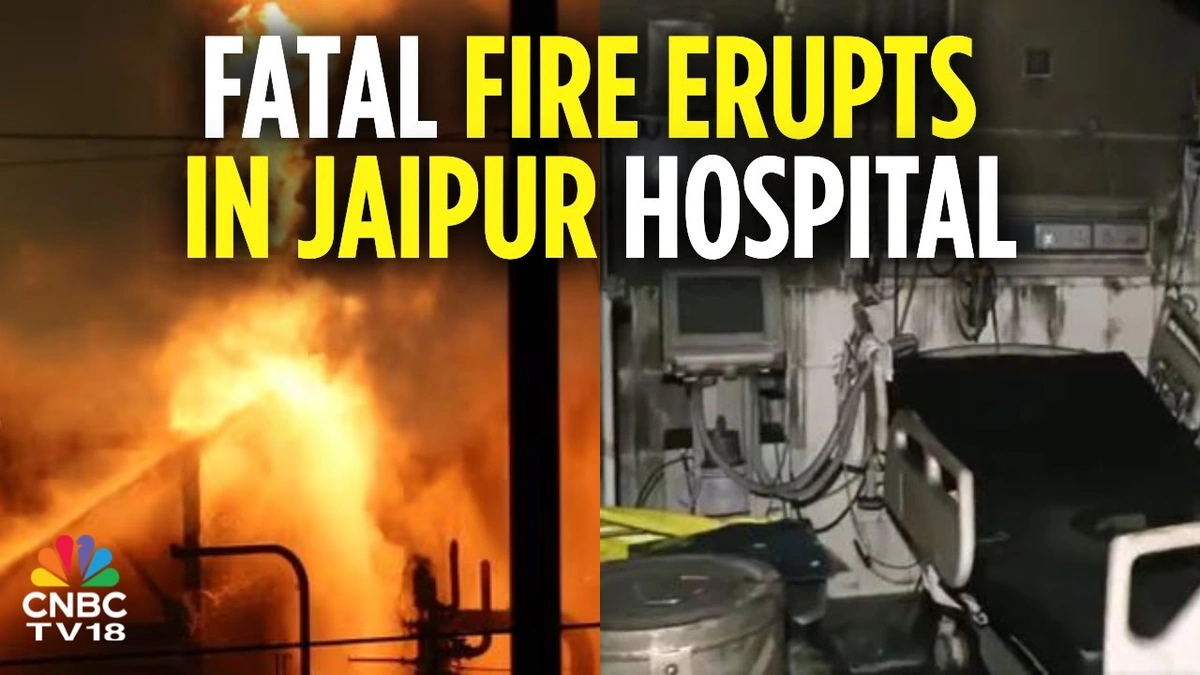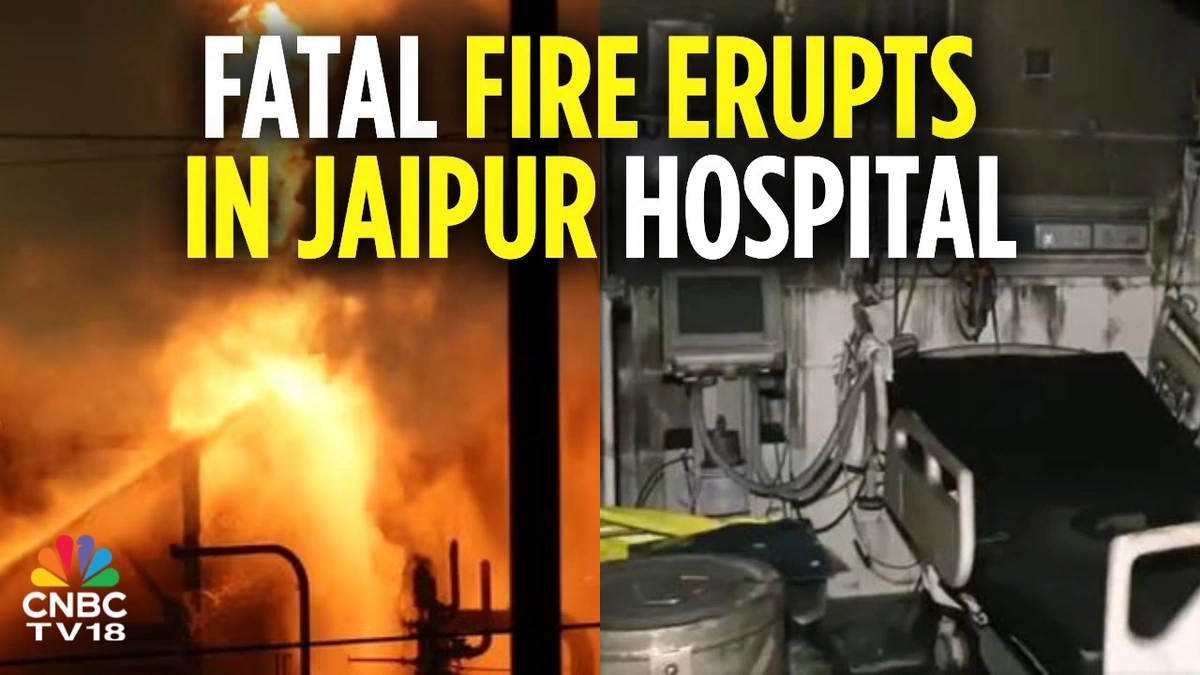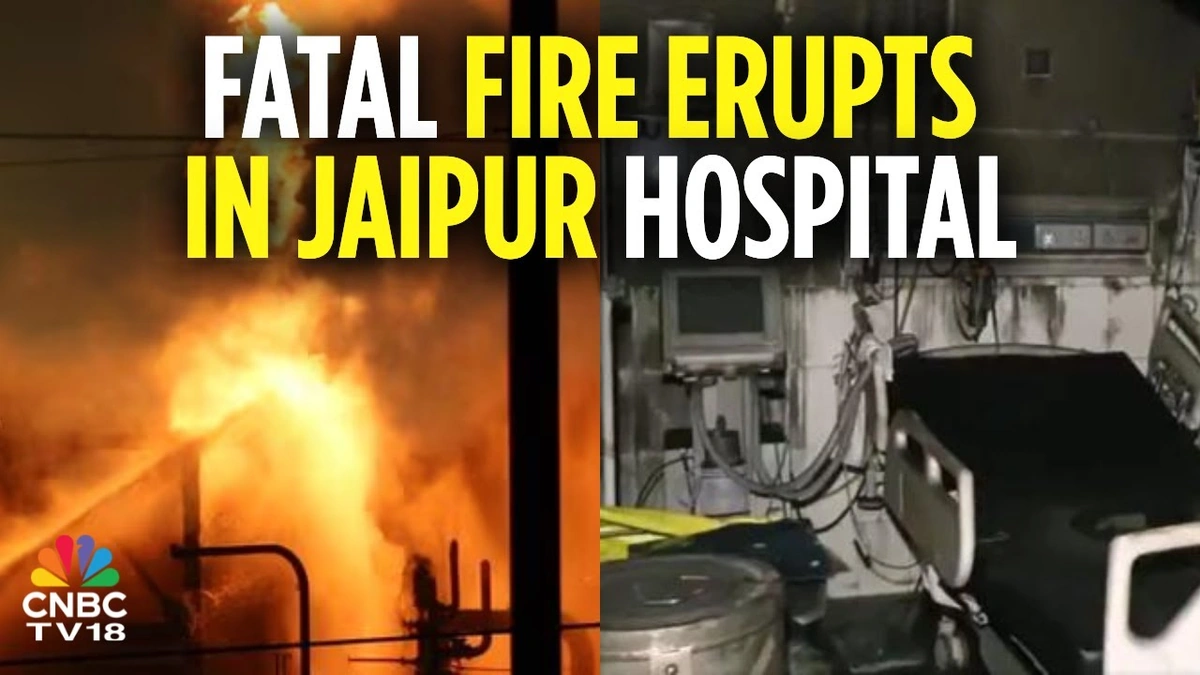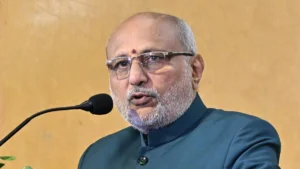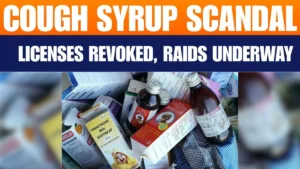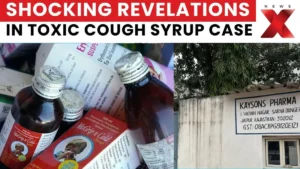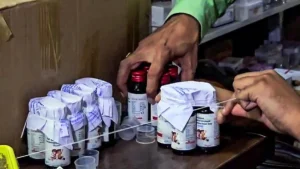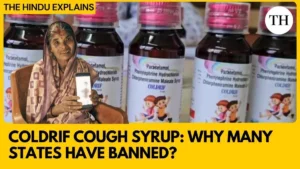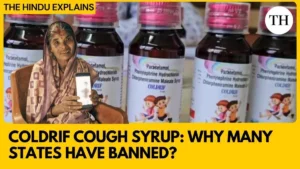UP Bans Coldrif Cough Syrup Following Child Deaths, Investigation Begins
The news from Uttar Pradesh has sent ripples of concern across the country: a ban on Coldrif cough syrup following reports of child deaths. But here’s the thing – this isn’t just another news headline. It’s a wake-up call. It forces us to ask uncomfortable questions about drug regulation, manufacturing standards, and the systems designed to protect our most vulnerable. Let’s dive deep and dissect what’s really going on.
Why This Cough Syrup Ban Matters – More Than You Think
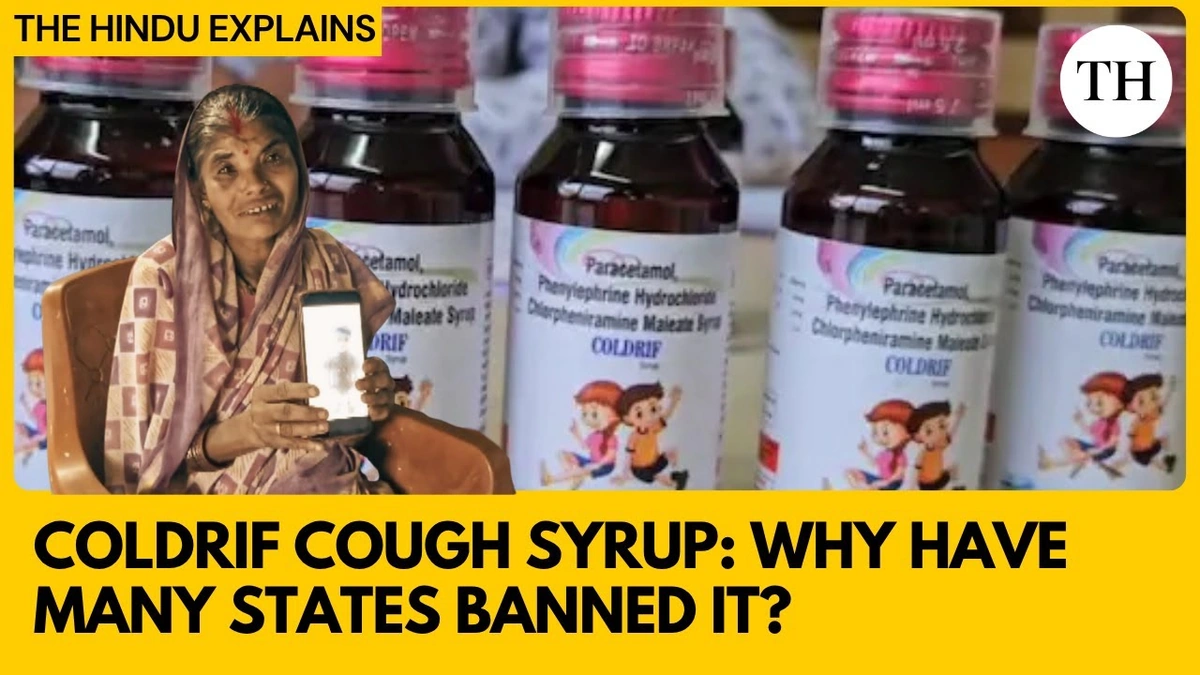
On the surface, it’s about a specific brand of cough syrup and a specific region. But the implications of this cough syrup ban are far-reaching. Think about it: how many pharmaceutical products are manufactured and distributed across India every day? How confident are we in their safety and efficacy? I initially thought this was a contained issue, but then I realized it highlights a much larger, systemic problem.
The “why” here is multi-layered. It involves:
- Regulatory oversight: Are current regulations stringent enough? Are they being enforced effectively?
- Manufacturing practices: Are pharmaceutical companies adhering to the highest standards of quality control?
- Supply chain integrity: How can we ensure that counterfeit or substandard drugs don’t make their way into the market?
This incident isn’t just about Coldrif. It’s about the potential for similar tragedies to occur if these underlying issues aren’t addressed. It’s about the trust that people place in the healthcare system and the responsibility of those in power to safeguard that trust. The consequences can be devastating. We need to know more about the drug safety regulations in place.
Unpacking the Investigation | What Are They Looking For?
An investigation has been launched, which is good news. But what exactly are they investigating? What fascinates me is the level of detail they will need to uncover. Are they tracing the ingredients back to their source? Are they auditing the manufacturing process step-by-step? Are they examining the distribution channels to identify any potential points of compromise? What were the adverse drug reactions reported?
I believe the investigation will likely focus on these key areas:
- The root cause of the contamination: Was it a problem with the raw materials? A flaw in the manufacturing process? Or something else entirely?
- The extent of the problem: How many batches of Coldrif are affected? Has the syrup been distributed beyond Uttar Pradesh?
- The culpability of the manufacturer: Did the company knowingly produce and distribute a substandard product? Was there negligence involved?
The answers to these questions will not only determine the fate of Coldrif but also inform broader policy changes aimed at preventing similar incidents in the future. This is a pivotal moment for the pharmaceutical industry .
How to Protect Your Family | Practical Steps You Can Take
Okay, so what can you actually do in the face of this news? Panic is never helpful, but informed action is. Let’s be honest, navigating the healthcare system can feel overwhelming, especially when it comes to medications. Here’s how to minimize risk:
- Consult a doctor: Always, always, always consult a qualified medical professional before giving any medication to your child. Don’t rely on over-the-counter remedies without expert advice.
- Check the label: Carefully examine the label of any medication you purchase. Look for manufacturing dates, expiry dates, and any signs of tampering. Report any discrepancies to the authorities.
- Buy from reputable sources: Purchase medications only from licensed pharmacies and avoid buying from unauthorized vendors.
- Report adverse reactions: If your child experiences any adverse reactions to a medication, report it to your doctor and the relevant regulatory authorities immediately.
A common mistake I see people make is not questioning their doctor enough. Don’t be afraid to ask about the potential side effects of a medication or alternative treatment options. Your health – and the health of your children – is worth advocating for. What are the alternative treatments for cough ?
The Long-Term Impact | What This Means for India’s Healthcare System
The Coldrif incident, and the associated child deaths investigation , could be a catalyst for significant changes in India’s healthcare system. It could lead to:
- Stricter regulations: Expect increased scrutiny of pharmaceutical manufacturing processes and stricter enforcement of existing regulations.
- Increased accountability: Pharmaceutical companies may face tougher penalties for producing and distributing substandard drugs.
- Greater public awareness: This incident has already raised awareness about the importance of drug safety. Expect to see more public health campaigns aimed at educating consumers about safe medication practices.
But lasting change requires more than just regulations and penalties. It requires a fundamental shift in mindset – a commitment to prioritizing patient safety above all else. It requires transparency, accountability, and a willingness to learn from past mistakes. The government must take steps to ensure better quality control in pharmaceuticals .
Navigating the Aftermath | Where Do We Go From Here?
The ban on Coldrif is a necessary first step, but it’s just the beginning. The investigation must be thorough and transparent, and the findings must be used to inform meaningful reforms. We, as citizens, also have a role to play. We must demand accountability from our leaders, advocate for stricter regulations, and empower ourselves with the knowledge to make informed decisions about our health. This includes understanding cough syrup side effects .
And remember, this isn’t just about Coldrif. It’s about creating a healthcare system that protects all Indians, especially our children. A system where safety and quality are non-negotiable. A system where trust is earned, not assumed.
FAQ
Frequently Asked Questions
What specific symptoms were the children experiencing before their deaths?
Reports suggest the children experienced severe complications, but the exact symptoms are still under investigation.
How can I be sure the medicines I’m buying are safe?
Always buy from licensed pharmacies, check for expiry dates, and consult your doctor.
What should I do if I suspect a medication is causing harm?
Stop using the medication immediately and consult your doctor or a healthcare professional.
Are there any alternative cough syrups that are considered safe?
Consult your doctor for recommendations on safe and effective alternative cough syrups.
How long will the investigation take?
The duration of the investigation is unknown, but updates will likely be provided by the authorities.
Where can I find more information about drug safety regulations in India?
You can find information on the website of the Central Drugs Standard Control Organization (CDSCO).
